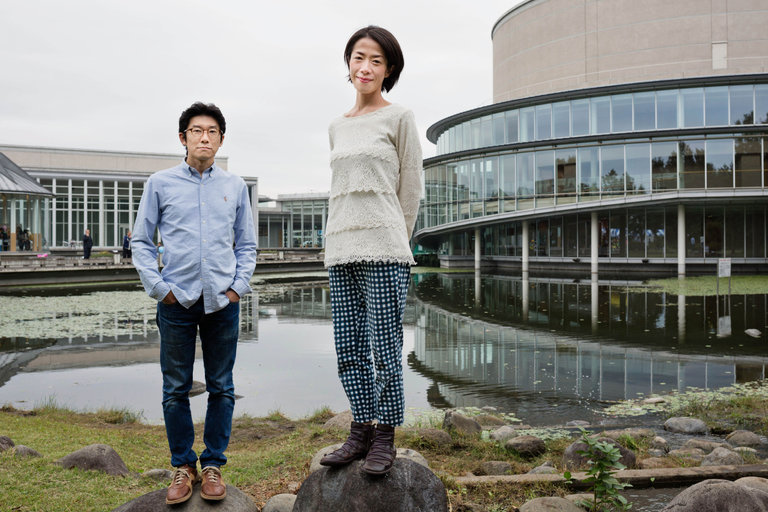Image: Yoko Uozumi and her husband, Shigeru Otsuka, in Saitama, Japan. At the framing business where they both work, Ms. Uozumi, 36, uses the surname that she was given at birth. “I feel more independent,” she said. “I feel more who I am.” Credit Ko Sasaki for The New York Times
In a lot of countries women are given the choice to either keep their maiden name or use that of their partners if they are to get married. But in Japan, law dictates that married partners share a single surname, and culture and tradition ensure that it’s the man’s name 97% of the time.
Among democratic countries in the developed world, Japan ranks low on gender equality in health, education, the economy and politics. Despite recent high-profile examples, women hold very few powerful positions in politics or business, while many working mothers say that day care is inadequate.
Under a Japanese law that dates back to the Meiji era, more than a century ago, all married couples must use one surname. In theory, a couple may choose either the husband’s or the wife’s last name, but in practice, 96 percent of women assume their husband’s.
Advocates for women, including lawmakers across the political spectrum, say they simply want women to make their own choices about their names. But recent court rulings indicate that the law is unlikely to be softened anytime soon, despite rising criticism.
An increasing number of employers now permit women to use their birth surnames professionally. Yet the courts have undermined even that practice.
But traditionalists have roared back, arguing that allowing two-name families will promote excessive individuality, encourage the complete dissolution of the family and even create misunderstandings at mailboxes and gravestones.
At the heart of the debate is the several-centuries-old Ie system. The Ie (家) is a Japanese term which translates directly to household. It can mean either a physical home or refer to a family’s lineage. It is popularly used as the “traditional” family structure.
It is a tradition that is getting weaker, particularly in cities, but still holds a grip on parts of Japanese society. Under ie, a bride became part of the man’s house, took his name, cared for his mother and expected that her ashes would be buried in his family tomb. So complete was the loss of identity that even in cases in which wives were beaten or abused, their own families frequently dared not intervene.
The marital naming law, supported by many traditionalists believe that women belong predominantly in the home supporting their husbands and families, but on the other hand seen by some as another vestige of discrimination against women in Japanese society.
Read Full Story: The New York Times


